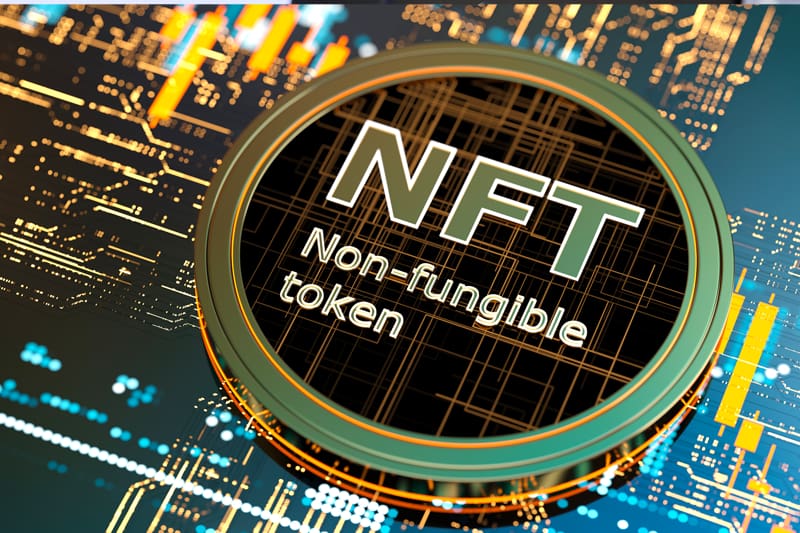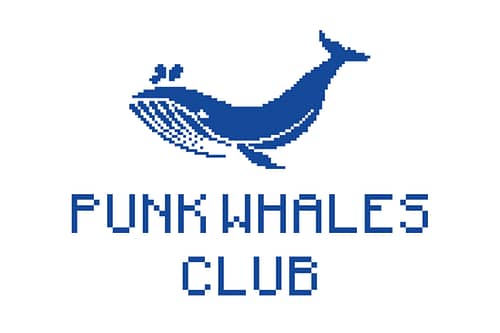The NFT industry is growing with no sign of stopping in sight. NFTs are an innovative concept that gives the owner a distinct digital asset that can be identified and verified on the blockchain network.
Every new technology brings many exciting opportunities for convenience, pleasure, and financial gain, challenging our currently established social and legal frameworks. In particular, NFTs have sparked discussions and debates about how they interact with intellectual property (IP), copyright, and trademark laws.
One of the most famous and controversial scandals in the cryptoverse was recently unveiled, which involved the decentralized autonomous organization (DAO) Spice. DAO Spice bought a copy of the unpublished manuscript for the film Dune. They had the plans to produce an “original animated series,” make the book public to the extent the law permitted them and sell NFTs of the book before burning it.
Unfortunately, even though their thinking was full of bright ideas, it was far too detached from how the real world works. First, they didn’t buy a copy of Dune but merely a storyboard for a failed adaption of the novel by Alejandro Jodorowsky, who attempted to make it happen in the 70s. Second, even if that was an NFT of the original Dune, that doesn’t give them copyright over the concept.
Copyright laws state that the person’s copyright in charge is valid until they are alive and up to 70 years after their death which means no animated series or other action can be taken unless Alejandro Jodorowsky gives exclusive permission.
According to many experts in intellectual property who weighed in on the issue, copyright laws exist for a reason. They provide longevity and stability to the art industry by ensuring that artists’ strenuous efforts and sacrifices are rewarded and protected. The way copyright restricts the freedom of others to use it is disappointing, but it also gives an incentive for artists to create art, knowing they will receive something in return.
The chief marketing officer for the cryptocurrency exchange company Gate.io noted that “there still seems to be a wider misconception around what exactly NFTs are and what’s included when one purchases or trades an NFT in the space. As the industry develops, so will educational resources and a wider understanding of the market.”
The Lawsuits Are Piling
French luxury fashion company Hermes recently filed a lawsuit against Mason Rothschild, who created the MetaBirkins NFTs inspired by the Birkin bag. They claimed that the creator merely added the word “meta” to their iconic trademark and has been using the company’s popularity to get money for himself.
Another example of legal confrontations comes from Nike, which filed a lawsuit against StockX for trademark infringement. Nike has taken their time and hired a professional team to compose a meticulous 50-pages complaint where they describe how StockX has sold NFTs with the Nike brand at inflated and artificially high prices with “murky terms of purchase and ownership.” Nike’s lawyers claim that this is not only an illegal action but one that profoundly affects their legitimacy and reputation as a company.
Jeff Gluck, copyrights and intellectual property lawyer with more than 14 years of experience in law, is CEO of an NFT minting platform. He recently had an interview with Cointelegraph to discuss the waves of lawsuits coming up. According to Jeff, “There are dozens of artists preparing lawsuits against OpenSea for selling infringing NFTs. These examples are a sneak preview of a wave of litigation heading towards space. It’s both good and bad in that it discourages creativity and growth in some ways. Still, it’s beneficial because it will ultimately help provide some guidelines in terms of clear legal parameters and guidelines for the space.”
Gluck further explains how the NFT marketplace is a new field that is still not fully caught up with regulations and legal protections. For example, NFTs are not protected by the Digital Millennium Copyright Act (DMCA), which was passed in 1998 to limit service providers’ liability to be sued for copyright infringement. Without it, many creators can be directly sued with no legal framework to protect their interests.
The Road Ahead
The NFT industry is thriving in the Ethereum blockchain, with more than $40 billion in market sales for 2021 alone. This revenue doesn’t account for the other cryptocurrency blockchains involved with NFTs and the plans of many companies to develop their marketplaces.
The growth has been associated with the massive popularity of NFTs, which encourages people to participate in the purchase and creation of non-fungible tokens. NFTs are a phenomenon where common folk, celebrities, entrepreneurs, and companies share a shared vision. NFTs are also expanding beyond minting platforms and marketplaces and into digital assets for games and assets for exchange.
With so many exciting opportunities come many dangers. Creating an NFT collection can be very easy and profitable, which has attracted the attention of many scammers, hackers, and groups looking to violate international property laws to get profit for themselves.
Platforms dealing with NFTs are slowly adapting to those illicit schemes, but it’s tough to regulate and keep track of when one considers the massive and continuous growth of NFTs. Nevertheless, the platforms face motivation to build barriers against such activities because they must protect customers. They have to defend themselves against legal repercussions in theft and breaches in the law.
The issue isn’t only about the work of the NFT platform, the other problem is the legal framework that is not yet adapted to NFTs. According to Varun Seth, founder of a blockchain legal services firm, “there are challenges pertaining to updating of the registered owner as per copyright record plus fragmentation of ownership of a single digital art into multiple NFT owners plus payment of filing fees for becoming actual owner and not just an ostensible owner.”
Varun claims that copyright laws need to change and recognize that digital assets are going through tokenization, which is a technological revolution that can not be stopped thus, a fair legal option must be provided to accept the copyright ownership of the NFT owner.
Some innovative companies, such as CXIP Labs, have taken it to themselves to change the NFT marketplace by offering copyright registration and creating new NFT collections. Other companies, such as GuardianLink, use the analytical skills of AI to guard the internet and monitor for rip-offs and duplicates for already existing NFTs.
The cryptocurrency and NFT industry is very adaptive to changes. How many companies are innovatively searching for solutions is a positive sign for the future protection of NFTs and the rights of their owners.






